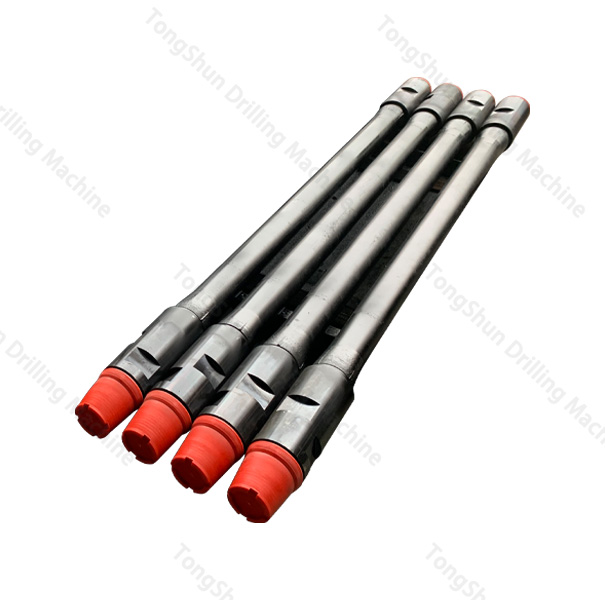Recycling is an increasingly important topic in today's world, and it's no different when it comes to threaded water well drill pipe. These pipes play a crucial role in various industries, including mining, construction, and geothermal drilling. However, the question arises: can threaded water well drill pipes be recycled? In this comprehensive guide, we will delve deep into the process, benefits, and challenges of recycling threaded water well drill pipes.

Threaded water well drill pipes are integral components of drilling operations, providing structural support and allowing for the transmission of drilling fluids. Made from high-quality materials such as steel, these pipes are designed to withstand extreme conditions, including high pressures and abrasive environments.
Recycling threaded water well drill pipes involves several steps to ensure maximum efficiency and environmental sustainability. The process typically begins with the collection of used pipes from drilling sites or industrial facilities. These pipes are then transported to recycling centers where they undergo sorting and inspection.
Once sorted, the pipes are cleaned to remove any contaminants such as drilling fluids or rust. This is essential to maintain the integrity of the recycled material and ensure its suitability for reuse. After cleaning, the pipes are cut into manageable lengths and prepared for processing.
The next stage involves shredding or melting the pipes, depending on their composition and intended use. Shredding is commonly used for steel pipes, while melting may be preferred for alloys or other materials. The resulting material is then formed into pellets, ingots, or other shapes for further processing.
Recycling threaded water well drill pipes offers numerous benefits, both environmental and economic. By diverting used pipes from landfills, recycling helps reduce waste and conserve natural resources. It also reduces the need for raw materials, lowering energy consumption and greenhouse gas emissions associated with production.
Furthermore, recycling allows for the recovery of valuable metals and other materials contained in the pipes. These materials can be reused in various industries, reducing the demand for virgin resources and lowering production costs. Additionally, recycling creates jobs and stimulates economic growth in the recycling and manufacturing sectors.
While recycling threaded water well drill pipes offers many advantages, it is not without its challenges. One major consideration is the presence of contaminants in the pipes, such as drilling fluids, lubricants, or other chemicals. These contaminants must be properly removed during the recycling process to ensure the quality of the recycled material.
Another challenge is the technical complexity of recycling threaded pipes, especially those made from specialized alloys or composite materials. These materials may require advanced processing techniques, increasing the cost and complexity of recycling operations.
Additionally, the logistics of collecting and transporting used pipes can pose challenges, especially in remote or inaccessible areas. However, with proper planning and coordination, these challenges can be overcome to achieve successful recycling outcomes.
In conclusion, recycling threaded water well drill pipe is not only feasible but also beneficial for both the environment and the economy. By diverting used pipes from landfills and recovering valuable materials, recycling helps conserve resources, reduce waste, and lower production costs. While there are challenges to overcome, the potential benefits make recycling a worthwhile endeavor for industries involved in drilling operations.
Next
None
Comments
Please Join Us to post.
0